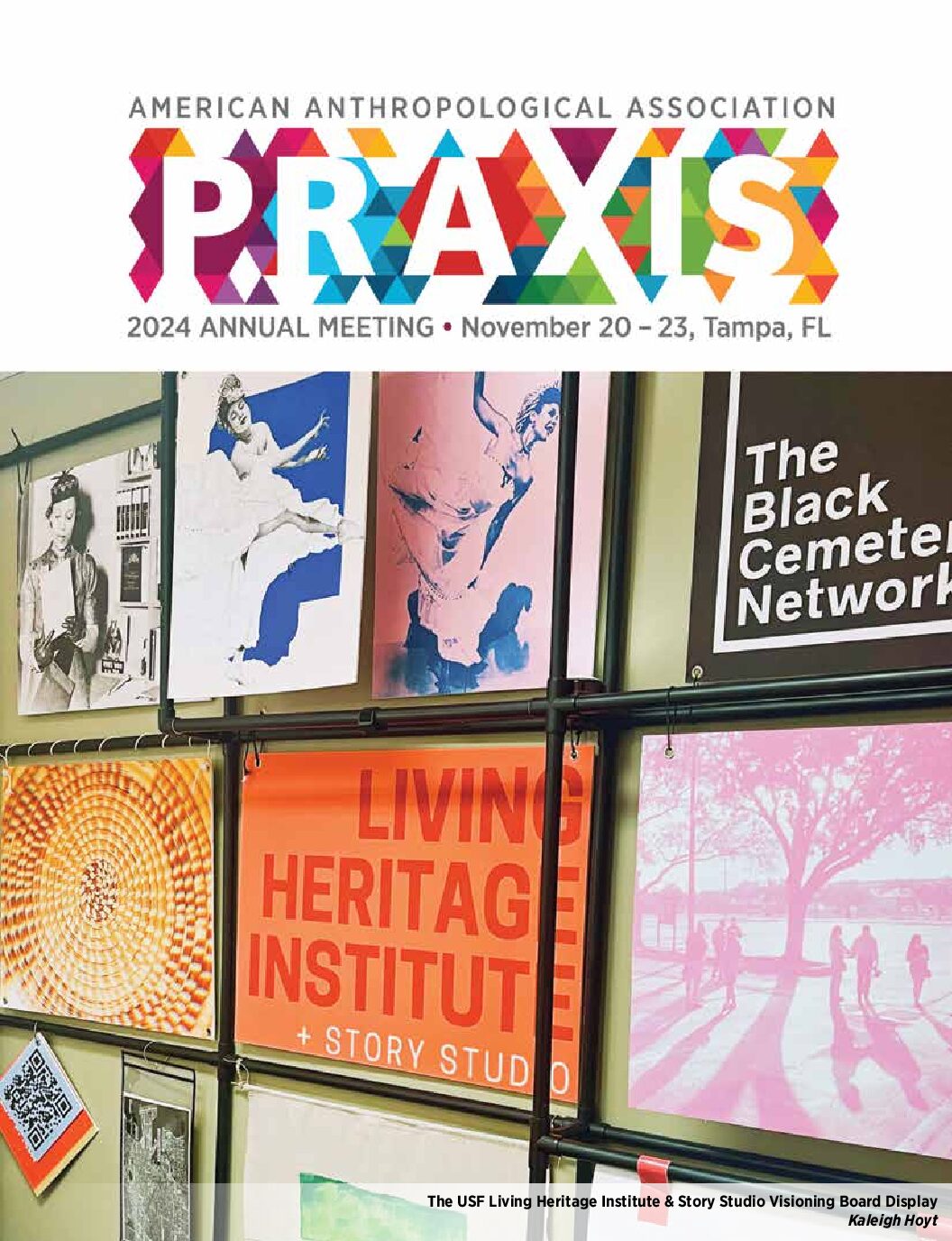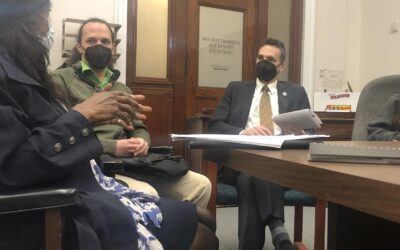Notes from the Section Leadership (2018)
The Association for the Anthropology of Policy
David Haines and Cris Shore
March 9, 2018
It has been just four years since the Association for the Anthropology of Policy (ASAP) was founded and we have sustained the energy that helped launch us. Interest in our section—and in the anthropology of policy—is stronger than ever. Over the past year we have grown by fifty members,making us one of the fastest growing sections in the AAA. As a result, our finances are healthy, and we can begin to think about putting those resources to use: how to enhance support for graduate students and younger scholars and how to bring non-academics and non-anthropologists into conversation with each other in our panels and discussions at the Annual Meeting.
We have also seen healthy growth in the number of ASAP-sponsored panels. At the Minneapolis meeting in 2016 we had about 15 panels, including sessions on mentoring and public engagement that fit with the section’s policy focus. Panels covered a range of themes including refugees and migrants, education, policy intermediaries, meetings, citizenship, and evidence. At the DC meeting in2017 that number increased to eighteen, covering an extraordinarily broad and exciting set of topics including anticipatory knowledge, policing the dead, the future of dissent in the academy,anthropology and science, peace and security, maintaining refuge, intersections of truth and violence, violence and policy, whistleblowing, policy temporalities, the dismantling of policy, screen-level bureaucracy, and medical anthropology. These will be discussed in more detail in a forthcoming Anthropology News column by Carol MacLennan and Paul Stubbs. We also convened two very lively mentoring sessions for graduate students and emergent scholars. While our panels were successful and well attended, we were disappointed that, due to AAA scheduling, so many of them ran concurrently. We hope that these scheduling clashes can be avoided in future.
One of our priorities was to co-sponsor as many panels, roundtables, and other activities as possible with other sections. This year, thanks to the sterling efforts of Carol MacLennan, we were able to parlay our two invited sessions into four through cross-sponsorship with the Society for Urban, National, and Transnational/Global Anthropology (SUNTA), the Association for Political and LegalAnthropology (APLA), and the Society for Medical Anthropology (SMA).
Mentoring was another important part of our activities in 2017. We continued with our annual mentoring workshop, which is based on small groups of younger anthropologists meeting with senior ASAP members. This year we added a second mentoring session in cooperation with theSociety for Medical Anthropology using a somewhat different format, with policy professionals setting a framework for group discussions. For these sessions, we are especially indebted to Fayana Richards and Jennifer Hubbert.
In 2016, an ASAP graduate student paper prize was initiated, and the first award presented at theMinneapolis meeting. Besides recognizing the high quality of current student work, this is a good mechanism for introducing graduate students to the peer review process. In 2017, we had two winners who shared the prize: “’We Are Not Going to Vote Again!’: Violence and the Politics ofDevolution in Northern Kenya” by Sean Furmage (American University) and “The NeighborhoodSchool Stigma: School Choice, Stratification, and Shame” by Julia Ann McWilliams (University ofPennsylvania). Shortened versions of the winning papers will be published shortly as ASAPAnthropology News columns.
We would also like to note the Stanford University Press Anthropology of Policy book series, the editors and board for which are mostly active ASAP members. Two new books in the series were published in 2017: Susanna Trnka’s One Blue Child: Asthma, Responsibility, and the Politics of Global Health and Riaz Tejani’s Law Mart: Selling Access to Justice at a For-Profit Law School. The next volume in the series will be Gregory Feldman’s The Grey Zone.
Paul Stubbs, co-president elect, will be managing our program for the AAA meeting in San José. The list of potential sessions discussed at the AAA Annual Meeting in DC is long and interesting. We will be issuing calls for papers and information about the meeting through our regular media, but feel free to contact Paul if you have thoughts or questions: pstubbs@eizg.hr
But we are also thinking beyond the AAA. Our aim is to stimulate broader dialogue between anthropology and other disciplines including political science, sociology, organizational studies, and law, as well as between the academic world and that of government officials and policy professionals. The makings, workings, and effects of public policy continue to be central to how the world works—and how it must work better in the future. These are just some of the reasons why policy is, and will continue to be, a key field for anthropological research, analysis, and practice.
David Haines is emeritus professor in the Department of Sociology and Anthropology at George Mason University and co-president of the Association for the Anthropology of Policy.
Cris Shore is professor of social anthropology at the University of Auckland and co-president of theAssociation for the Anthropology of Policy.
A link to this article on the Anthropology News website can be found here.


